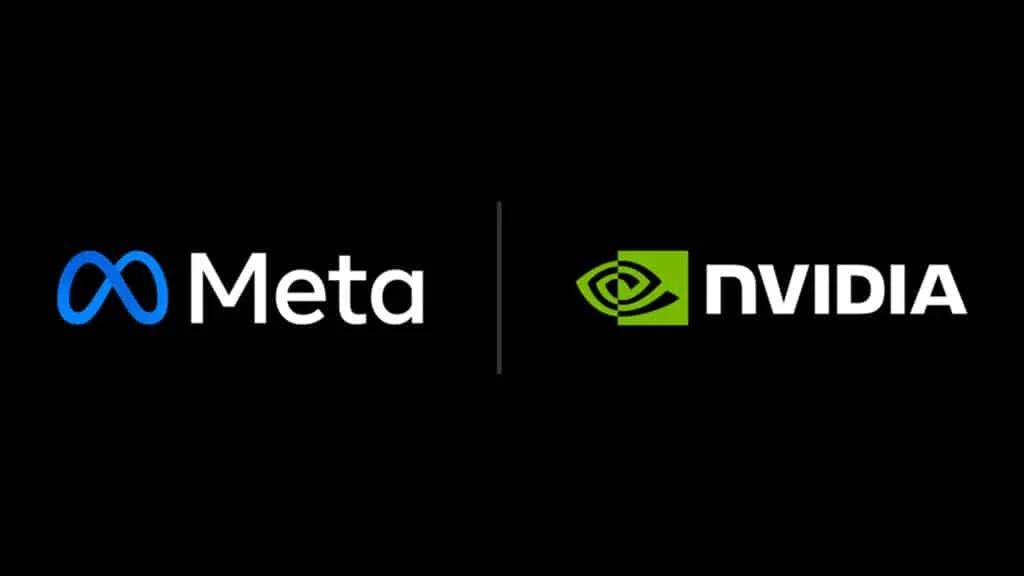The News: Generative AI/large language model (LLM) startup Anthropic announced on May 23 that they have raised $450 million. Anthropic’s Series C funding round included Google, Salesforce Ventures, and Zoom Ventures. Google also funded a corporate round for Anthropic to the tune of $300 million on February 3. In addition to funding, Zoom is moving quickly to leverage Anthropic, with plans to integrate Anthropic’s Claude into its contact center platform. See the complete story on Anthropic’s Series C funding here.
Generative AI War? ChatGPT rival Anthropic Gains Allies, Investors
Analyst Take: At the heart of the race to monetize Generative AI is the maturation of LLMs – specifically, the ability of LLM vendors and partners to harness and channel the power of these deep learning models for enterprise-grade purposes. Once enterprises gain confidence in the accuracy, security, fairness, and transparency of these systems, Generative AI use cases and spending will explode.
Unfortunately, it is early days, and we are not at the point where there is much confidence in generative AI outputs. ChatGPT creator OpenAI and image generator pioneer Stability AI have so far taken relatively laissez-faire approaches to controls for their systems. Consequentially, some of the AI innovators The Futurum Group tracks (Google, AWS, IBM, Microsoft, SAP, Adobe, Salesforce, Oracle, and Zoom, to name a few) are making calculated decisions about which generative AI partners, particularly LLMs, they will align with.
Enter Anthropic, which is offering what I would call a pragmatic LLM.
Pragmatism is reflected in the company’s purpose, which according to their website, looks like this: “Anthropic is dedicated to building systems that people can rely on and generating research about the opportunities and risks of AI.” In a blog post, Core Views on AI Safety: When, Why, What, and How, the company said, “So far, no one knows how to train very powerful AI systems to be robustly helpful, honest, and harmless.”
Anthropic’s Claude is the counterpunch to ChatGPT — a conversational interface/chatbot and LLM that features built-in guardrails designed to meet Anthropic’s 3 Hs goals – Helpful to help users, Honest to share information it believes to be true and avoid made-up information, and Harmless to refuse to cooperate in aiding the user in harmful activities. Anthropic has built an automated, scaled method and system called Constitutional AI as the guardrails. The method shapes the outputs of the LLM based on a set of principles (a “constitution”). It removes human labels identifying harmful outputs. Since LLMs are trained on exponentially large amounts of data, the thought that human annotators will be able to keep up with tagging content becomes an impossibility.
Impact of Anthropic’s Series C Funding
Google, Salesforce, and Zoom are some of the most AI-savvy companies in the world – they and a few dozen other enterprises are the true leaders in embedding AI into SaaS. Even more interesting is the fact that Google is a pioneering LLM builder (Google’s PaLM2 is their latest). It is significant that these companies have chosen to not only partner, but also invest in Anthropic.
Why?
- Hedging their current bets. It appears these leaders are hedging their bets on third-party LLMs by being open to work with multiple LLM partners. Salesforce and Zoom have partnerships with OpenAI. Google has its own LLMs and it is likely that Salesforce and Zoom will build their own capabilities over time. These are players who can afford to play the field and can be nimble enough let the strongest LLMs emerge.
- Understanding limitations of ChatGPT. LLMs are built on public data, which is messy – disinformation, misinformation, and bias all cause issues for outputs. But when you can point the power of an LLM at a clean data domain, you will get better results. Salesforce has partnered with OpenAI in creating Einstein GPT, and it does exactly that – Einstein GPT leverages ChatGPT, but not so much the LLM behind the chat interface. Instead, they point ChatGPT to their own data domains.
- Influence and vision. Having heard Google and Salesforce’s emphasis on the use of responsible AI, it makes sense that they would invest and partner with an LLM they feel aligns with their own thinking. They might also see Anthropic as an LLM open to their collective ideas and thinking.
- Keeping it competitive. Ironically for three market behemoths, they do not necessarily want to see ChatGPT be crowned the market winner where it could potentially dictate pricing, vision, direction, etc.
The bottom line is the generative AI market is exceptionally young. For generative AI innovation to thrive, healthy competition among LLMs and other generative AI vendors is good for the market. Google, Salesforce, and Zoom understand this benefit, and their investment in Anthropic’s Series C funding proves it.
Disclosure: The Futurum Group is a research and advisory firm that engages or has engaged in research, analysis, and advisory services with many technology companies, including those mentioned in this article. The author does not hold any equity positions with any company mentioned in this article.
Analysis and opinions expressed herein are specific to the analyst individually and data and other information that might have been provided for validation, not those of The Futurum Group as a whole.
Other insights from The Futurum Group:
The Future of AI is Hybrid: Look No Further than Your Devices to Scale Generative AI
Author Information
Based in Tampa, Florida, Mark is a veteran market research analyst with 25 years of experience interpreting technology business and holds a Bachelor of Science from the University of Florida.







